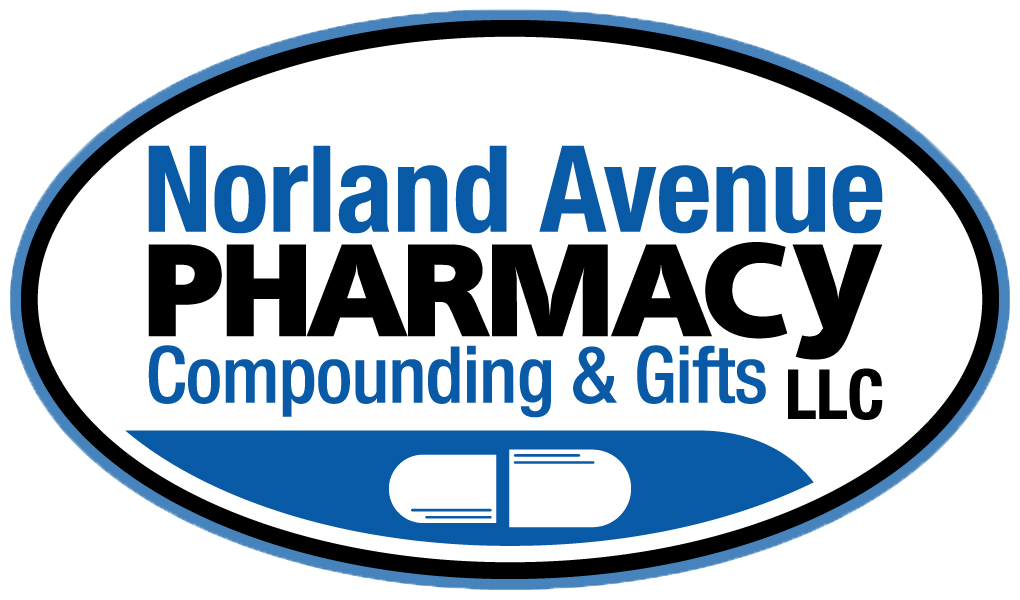INSURANCE NOT COVERING?
- Norland Avenue Pharmacy
- May 31, 2024
- 3 min read
Each insurance company has a drug formulary, or a list of medications, that it has approved and will help cover the cost for, with evidence to support why a medication is included or excluded from the list. These medications are selected based on their safety and efficacy evidence, cost, and treatment guidelines. This list is typically updated no less than every quarter, which ensures that pharmacy benefit managers (PBMs) are accounting for marketplace changes, new drug entrants, and changes to clinical guidelines.
The Institute of Medicine (IOM) defines utilization management as “a set of techniques used by or on behalf of purchasers of health care benefits to manage health care costs by influencing patient care decision-making through case-by-case assessments of the appropriateness of care prior to its provision." These techniques are premised on evidence-based medicine that promotes the most clinically appropriate and cost-effective utilization.
As a patient, you can experience a pause in the prescription process when a medication you have been prescribed is not the appropriate first-line therapy, is not on the insurance’s formulary, or is used improperly. However, this is a tool used by the insurance companies with good intent to provide the best care.
There are three main types of utilization management:
1. Prior Authorization: Requires the prescriber to obtain pre-approval from the PBM before the medication can be dispensed. A medical necessity needs to justify why you cannot use a product on the formulary. Ensures that the product is being used according to the FDA indication. Used when the medication has a high potential for misuse or abuse. Usually lasts one year then needs renewed.
2. Quantity Limits: Sets a limit for a given medication that the plan sponsor will allow to fill in a certain amount of time. These limits are set in accordance with the package inserts. Addresses safety and cost concerns, as well as over-utilization of the medication.
3. Step Therapy: Trying different medications in a series of steps. Begin with the safest and most cost effective and progressively increase to riskier or costlier medications. You must fail two or three therapies before the costlier medication is approved for use.
Patients are often upset when they are told that their prescription requires one of these at the pharmacy counter. They will say that the physician knows best and there is a reason they were prescribed this medication. While this may often hold true, patients may not always be privy to the costs of medications. These utilization management policies are in place to keep you safe, to be cost effective for the plan, and to ensure that medication utilization is clinically appropriate. Please understand that the pharmacy has no control over these guidelines.
As a retail pharmacy, we have had to explain often to patients what this entire process is. The most common utilization management is a prior authorization. The PBM wants to ensure that the selected medication is appropriate for your specific disease state. It can also occur when a non-formulary medication has a medical necessity.
What are your options if a prescription requires a prior authorization?
Every scenario starts by the pharmacy contacting the prescriber. The prescriber will have to submit paperwork to the PBM as to why the specific medication is needed for a prior authorization. The prescriber will have to justify why you need the specific medication or a higher quantity than what the plan may allow initially. The prescriber may eventually have to write for a different medication as the originally prescribed medication was not deemed medically necessary.
While this is happening, you only have two options: wait for the physician to complete prior authorization or pay full cash price for the prescription (a.k.a. not use the prescription plan benefit). If you still have questions about this process, let us know. We are happy to help!
*A portion of our sales for the month of May will be donated to Noah’s House and Gracie’s Place. They aim to meet people where they are and provide multiple path-ways to substance abuse recovery, helping men and women build a profile for personal success beyond addiction.
*These statements are culmination of the knowledge and experience of the team at Norland Pharmacy. The information provided here is for informational purposes only. Please consult your healthcare provider with questions concerning any medical condition or treatment.




Comments